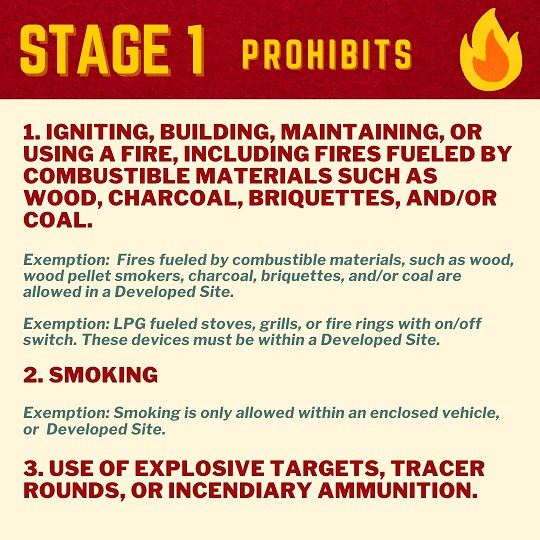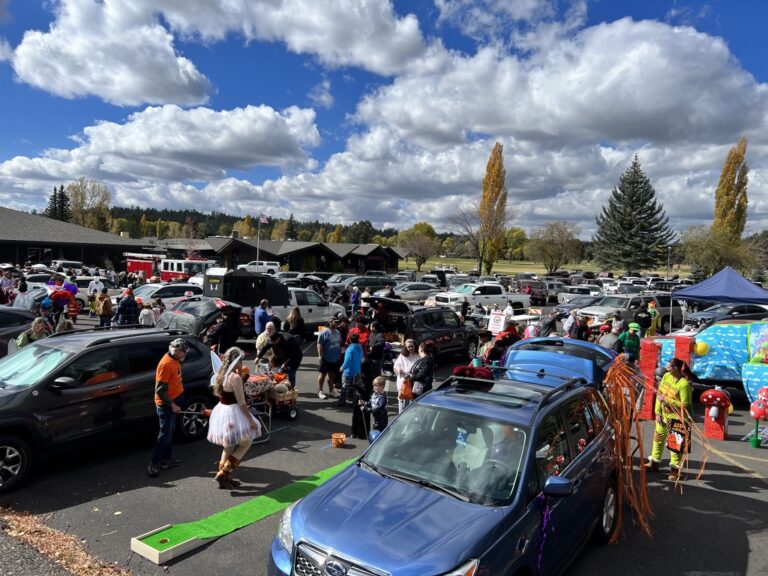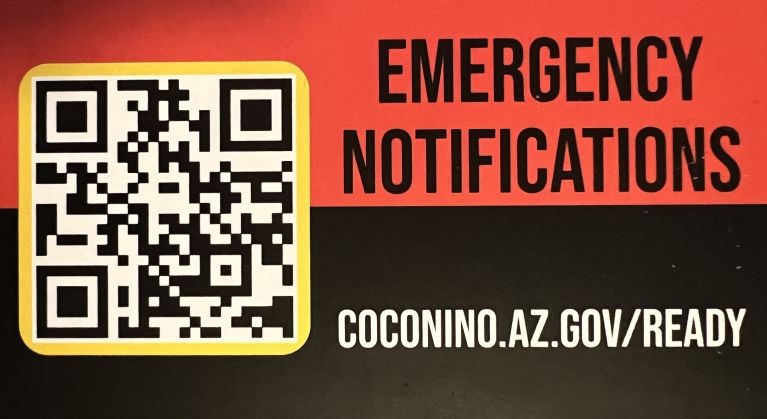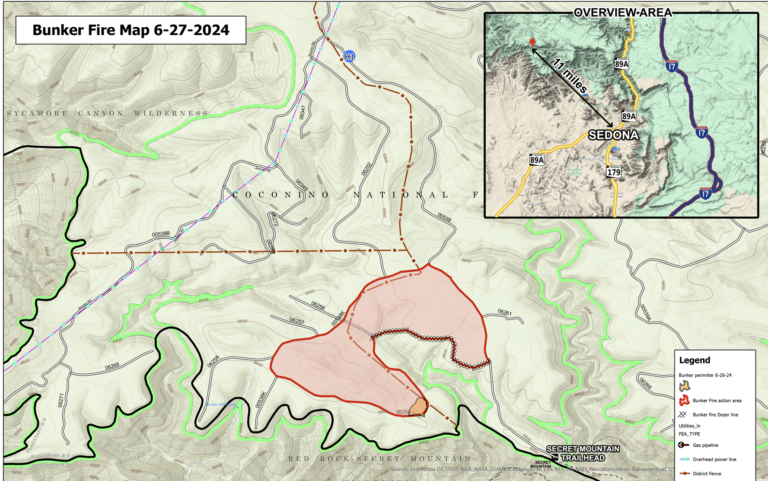Flagstaff, AZ – After considerable rainfall in June, the Coconino National Forest and Flagstaff have eased their fire restrictions, providing relief and new opportunities for residents and visitors alike.
Short Summary:
- The Coconino National Forest will reopen most areas starting July 2.
- Red Rock Ranger District remains closed until more rain is received.
- Stage 2 fire restrictions are downgraded to Stage 1 due to recent rains.
Amid ample June rainfall, much of the Coconino National Forest is set to reopen at 8:00 A.M. on Sunday, July 2, reducing the extreme fire danger that necessitated its closure on June 23. However, the Red Rock Ranger District will stay closed, pending additional precipitation.
According to Coconino National Forest Supervisor Nora Rasure, “Our Forest Information Center received over 1,000 calls over the past 10 days inquiring about the forest closure. We appreciate everyone’s patience and cooperation while the Forest Service employed this ultimate fire prevention strategy.”
“The forest closure was effective. No human-caused wildfires have been reported on the Coconino so far during the closure,” noted Rasure.
The Red Rock Ranger District, covering areas northeast of the Verde River and other locales like Stoneman Lake and the Fossil Springs Wilderness, remains a concern. All visitors in these regions must comply with ongoing restrictions and closure guidelines. Private landowners needing access must obtain permits from the district office, furnishing identification and proof of residence.
Remaining Restrictions and New Guidelines
While much of the forest reopens, the following restrictions apply:
- No campfires, including charcoal fires, even in developed sites.
- Pressurized liquid or gas stoves, lanterns, and heaters are permitted.
- Chainsaw use for personal firewood collection is prohibited between 9:00 A.M. and 8:00 P.M.
- Smoking is allowed only within enclosed vehicles, buildings, or designated recreation sites.
- Prohibited activities include welding, using explosives, and operating engines without spark arresters.
- Motor vehicles must stay on designated roads, except in areas cleared of vegetation or specific off-highway zones like the Cinder Hills OHV Area north of Flagstaff.
- Fireworks are always banned.
Violators face penalties, including fines up to $5,000 or six months’ imprisonment, underscoring the seriousness of these regulations. Authorities will maintain these measures until enough rainfall significantly lowers the fire risk.
For more details about the Coconino National Forest’s status, visitors can call 928-226-4601 between 7:00 A.M. and 7:00 P.M., or visit the official website at www.fs.fed.us/r3/coconino. For statewide fire restrictions, contact 1-877-864-6985 or visit www.azfireinfo.com.
“Record rains this week have allowed for fewer fire restrictions,” forest officials stated on Thursday.
The recent rainfall prompted officials to ease Stage 2 fire restrictions to Stage 1, effective Friday, June 28. Prescott National Forest’s restrictions remain at Stage 1, which prohibits campfires, among other activities, but allows for some controlled uses.
The record-setting June rainfall is a welcome relief in a region often susceptible to wildfires. It highlights the importance of adaptive measures and real-time responses in safeguarding public lands.
Forest enthusiasts and campers can now look forward to resuming their outdoor activities with greater flexibility, provided they adhere strictly to the remaining restrictions. This development mirrors similar adjustments in restrictions across various jurisdictions, reflecting a responsive and dynamic approach to forest management.
As highlighted in the Coconino County Situational Awareness Dashboard and various statewide updates, forest and park officials adaptively manage fire stages in real-time, guided by on-the-ground conditions and future weather forecasts. These efforts demonstrate the delicate balance between preserving natural resources and allowing public enjoyment of these cherished landscapes.
Continued vigilance and public cooperation remain crucial as local officials navigate the changing conditions. With the region’s intricate weather patterns and varying fire risks, staying informed through official channels is essential for safety and compliance.
As the summer unfolds, residents and visitors are encouraged to enjoy the reopened areas of Coconino National Forest responsibly, keeping the spirit of community and conservation at the forefront. This proactive, informed approach ensures both the enjoyment and preservation of these remarkable natural resources.






